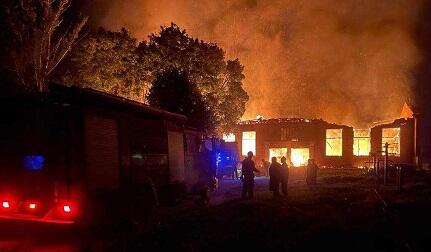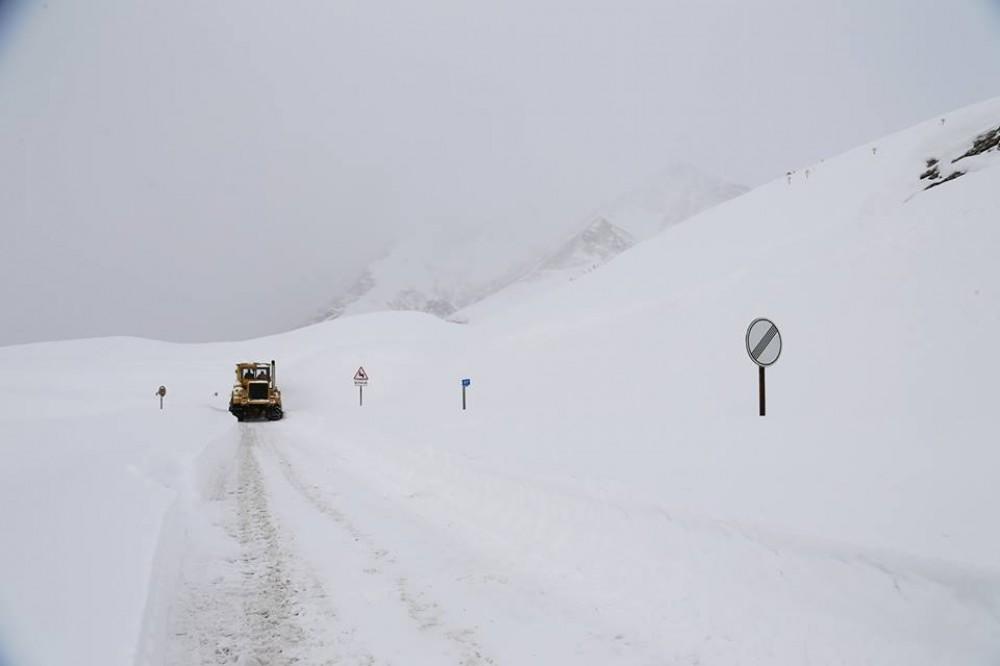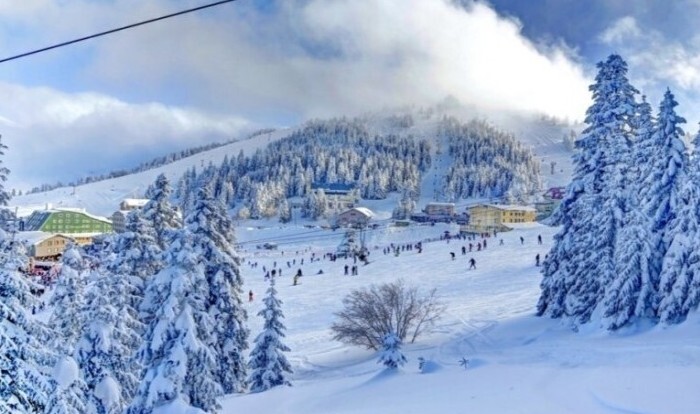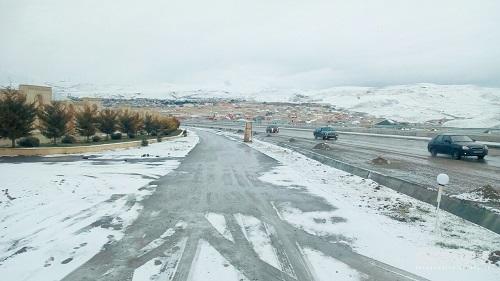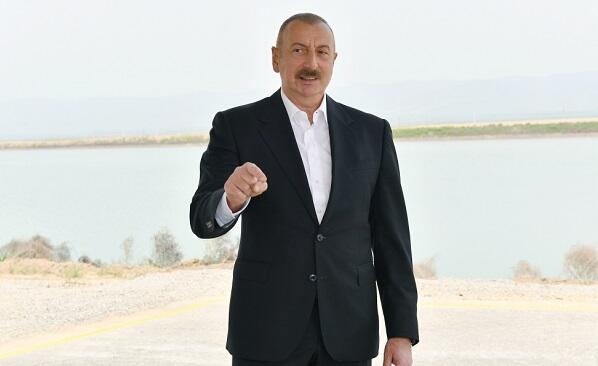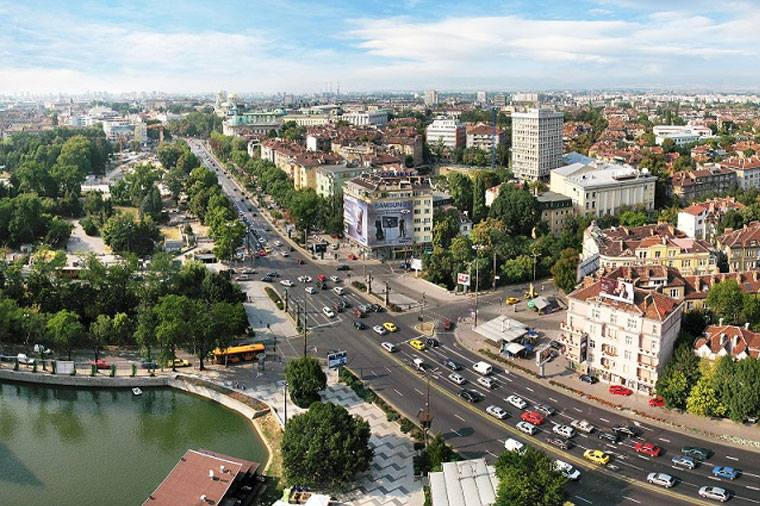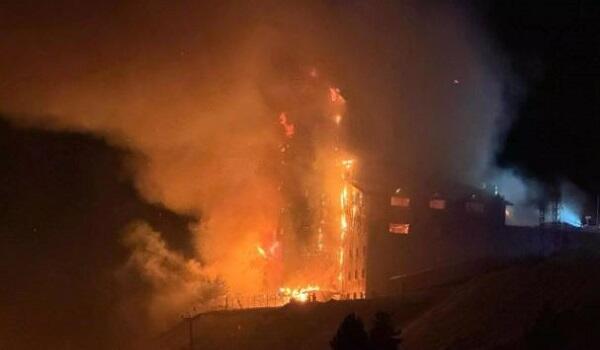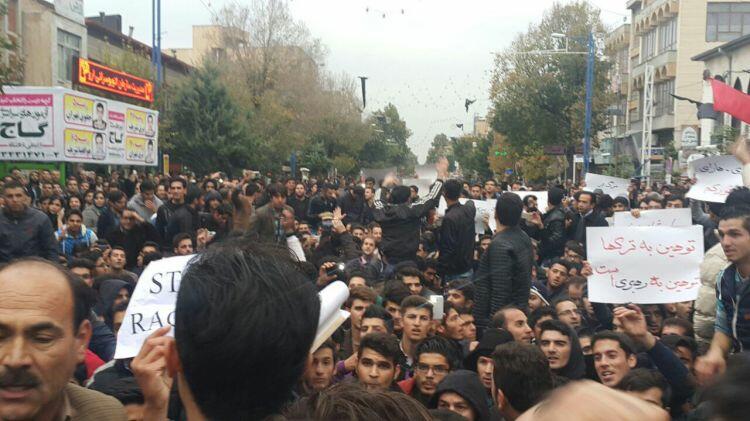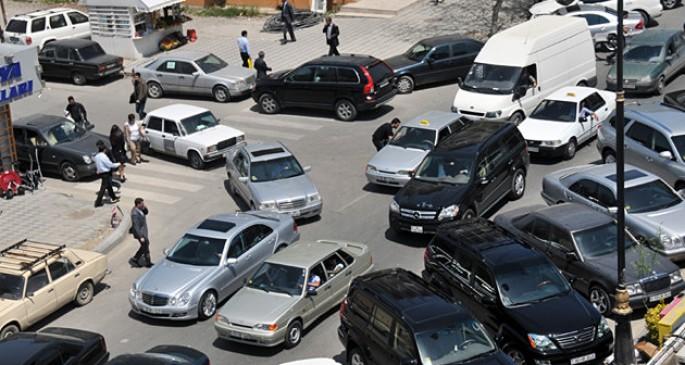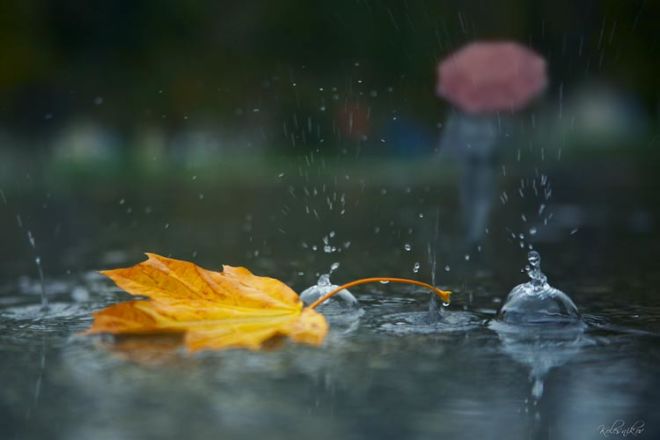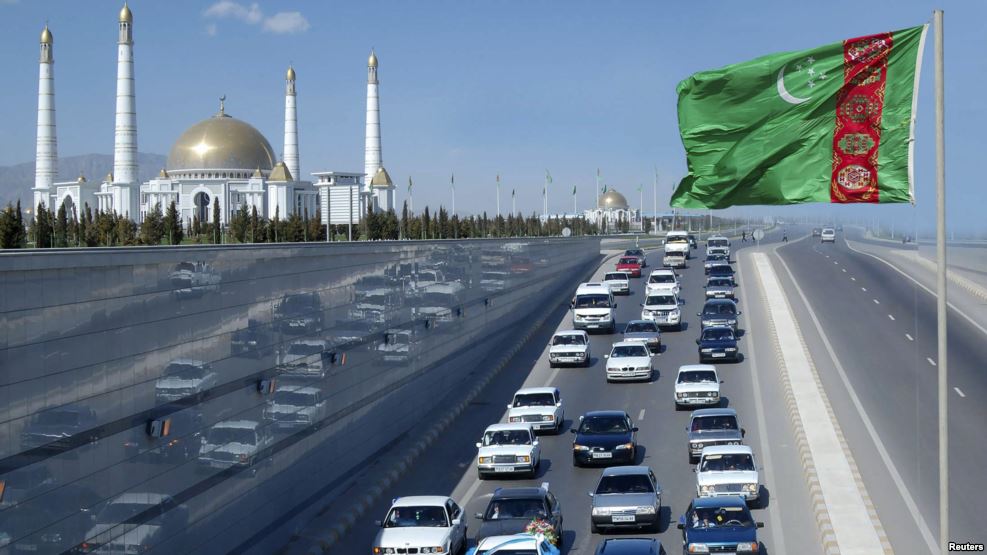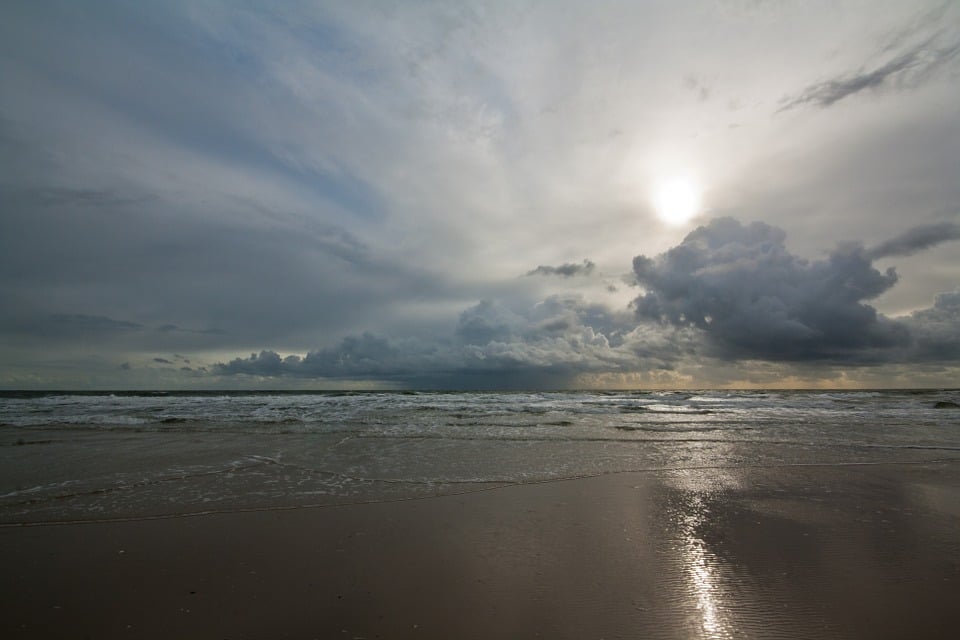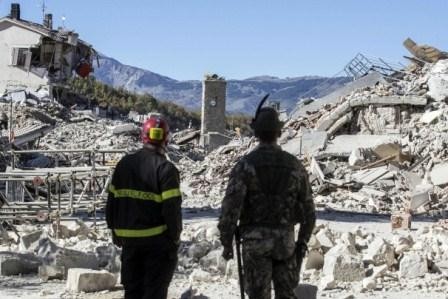Earthquake aftershocks gave central Italy no respite on
Tuesday, haunting a region where thousands of people were left
homeless and frightened by a massive weekend tremor that razed
centuries-old towns.
As the country observed the religious holiday of All Saints'
Day, tremors were coming at a rate of several per hour in the
mountainous region 100 kilometers (62 miles) north of Rome, the
national geological institute said Tuesday.
More than 1,100 have been registered since Sunday's
magnitude-6.6 quake, the strongest to hit Italy in 36 years.
The strongest aftershock, at magnitude-4.7, hit Tuesday morning.
Italian TV Sky reported some further buildings had collapsed in at
least two villages, and the impact was felt as far away as
Rome.
The tremors are taxing a population that's already on edge, with
15,000 in need of housing, according to civil protection officials.
The figure does not include the 2,000 who remained displaced from a
first deadly quake in August, which left 300 dead.
The civil protection agency estimates that a total of about
100,000 people have been affected in some way by Sunday's quake,
whether through damage to property or being frightened out of their
homes.
While thousands have been moved to live in empty hotels on the
coast, out of harm's way, a growing number of residents insist on
staying put. Some sleep in cars, others argue they have businesses
to tend to, or think that if their homes are still standing they
remain the safest place to be.
Because the weather is getting cold in the mountain villages,
with night temperatures nearing freezing point, the government does
not want to build extensive tent housing. Three such tents hosted
10 to 12 people Monday night in the town of Norcia, which suffered
extensive damage, including the collapse of a Medieval basilica
that has been the symbolic heart of the Benedictine order for
centuries and a big draw for tourists.
Many locals are livestock owners who cannot relocate because
they need to stay near their animals at night or find herds that
have dispersed. Wolves in the area are a problem in particular for
sheep.
Angelo Stazzo, a farmer in the mountains near the village of
Castelsantangelo, spent a day finding cattle that had run into the
woods out of fear. The blocked roads make it more difficult to find
them and bring them to safety.
The cattle and sheep are his livelihood, but they will need to
have their barns rebuilt within weeks before freezes begin. In the
meantime, he and fellow farmers have to live in caravans without
electricity or hot water.
"Home?" he told the AP as he trudged back to his lodgings.
"There is no home now."
The region's plight contrasted with the mirth of children in the
rest of Italy, who on Monday night dressed up as the dead for
Halloween, an imported tradition that is increasingly celebrated
here.
Schools in Rome were closed on Monday for precautionary checks,
which the mayor hopes to wrap up in time for them to reopen on
Wednesday, after the holiday.
Wednesday is All Souls' Day, when Italian families traditionally
visit cemeteries to remember relatives. Cemeteries were heavily
damaged in the stricken mountain villages, with images showing
coffins spilling out of the built structures that are typical in
Italy.





